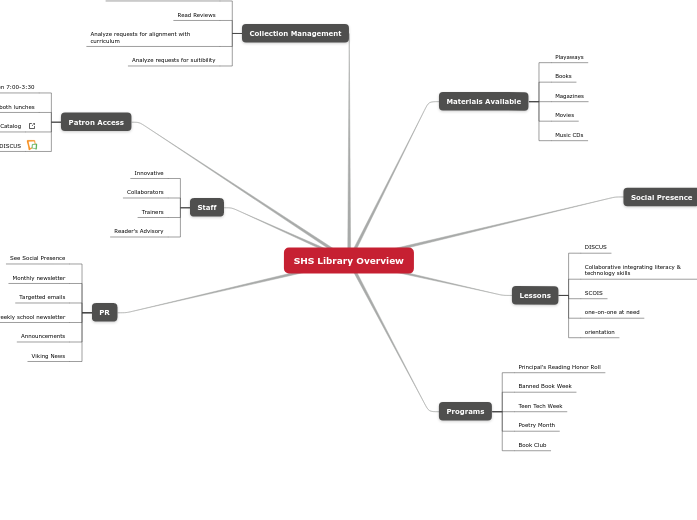jonka Kyle Reyes 6 vuotta sitten
172
Ch.1
The evolution of electronic media has significantly altered the landscape of information dissemination and content creation. Historically, media was controlled by gatekeepers who decided what information the public could access.









